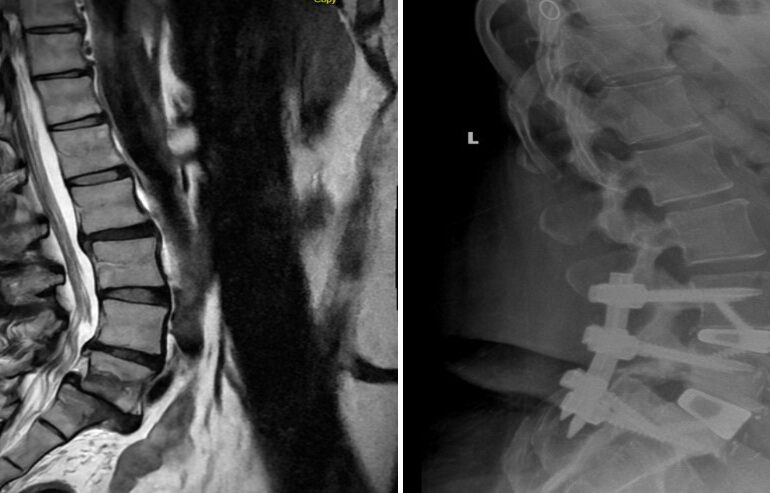DAY IN THE LIFE: ORTHOPEDIC SPINE SURGEON
- Morning rounds and patient consultations: The day often begins with rounds, where the spine surgeon visits patients who are under their care. They assess the progress of postoperative patients, review test results, and discuss treatment plans. Additionally, they may conduct consultations with new patients, evaluating their medical history, symptoms, and conducting physical examinations.
- Surgical procedures: Spine surgeons perform a range of surgical interventions to treat spine conditions. This may involve procedures such as spinal fusion, laminectomy, discectomy, or minimally invasive surgeries. They work in collaboration with anesthesiologists, surgical assistants, and other medical professionals to ensure the successful completion of surgeries.
- Diagnostic evaluations and interpretation: Throughout the day, spine surgeons may review diagnostic tests such as X-rays, MRI scans, or CT scans. They interpret these imaging results to accurately diagnose the condition and determine the appropriate treatment approach for each patient.
- Patient follow-ups: Following surgical procedures or non-surgical treatments, spine surgeons have follow-up appointments with their patients. They assess healing progress, address any concerns or complications, and make adjustments to the treatment plan if necessary.
- Collaborative meetings: Spine surgeons often participate in multidisciplinary meetings with other healthcare professionals, such as physical therapists, pain management specialists, and rehabilitation specialists. These meetings aim to discuss complex cases, review treatment strategies, and coordinate comprehensive care for patients.
- Continuing education and research: To stay updated with the latest advancements in the field, spine surgeons engage in continuous learning through conferences, workshops, and medical literature. They may also be involved in research projects, contributing to the development of new treatment techniques and improving patient outcomes.
- Administrative tasks: Like any medical professional, spine surgeons need to allocate time for administrative tasks. This includes documenting patient records, reviewing and signing medical reports, and coordinating with support staff for scheduling surgeries and appointments.
It’s important to note that the specific activities and schedule may vary depending on the surgeon’s practice setting, the complexity of cases, and the institution they work in.
Dr. Antonio Webb, San Antonio Orthopedic Spine Surgeon
Call (210) 614-6432 or toll free (800)924-1455 and schedule an appointment at our San Antonio or New Braunfels spine clinic!


